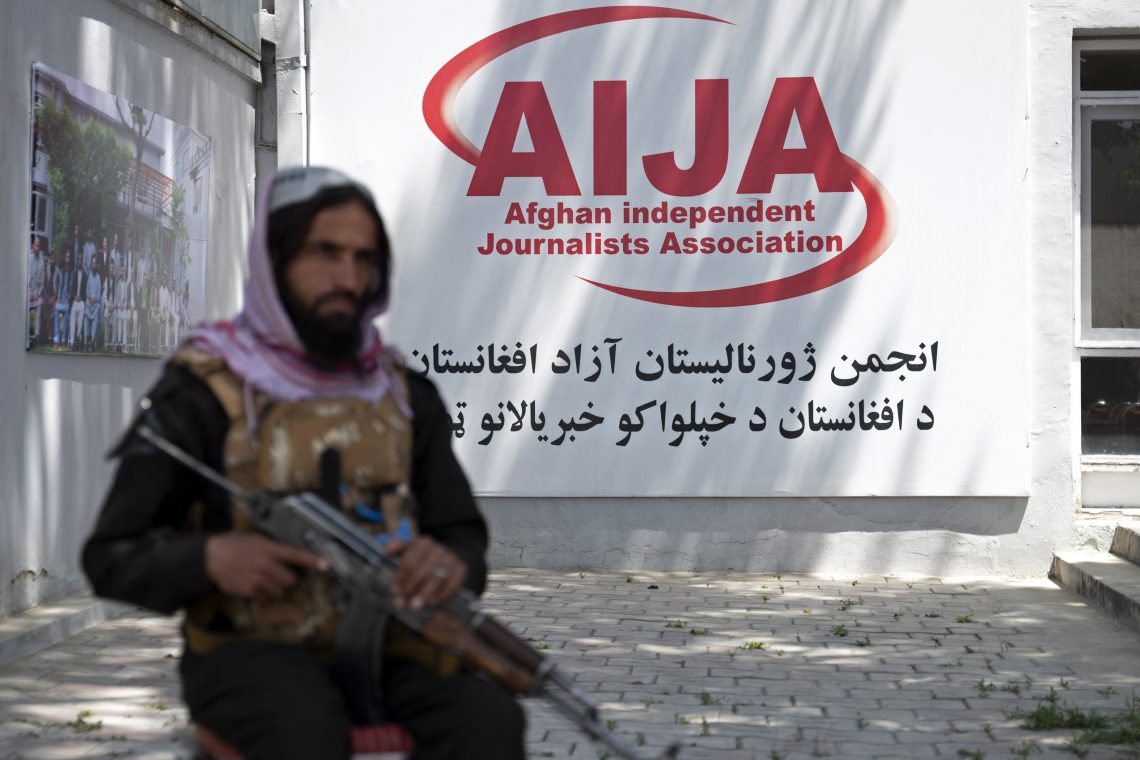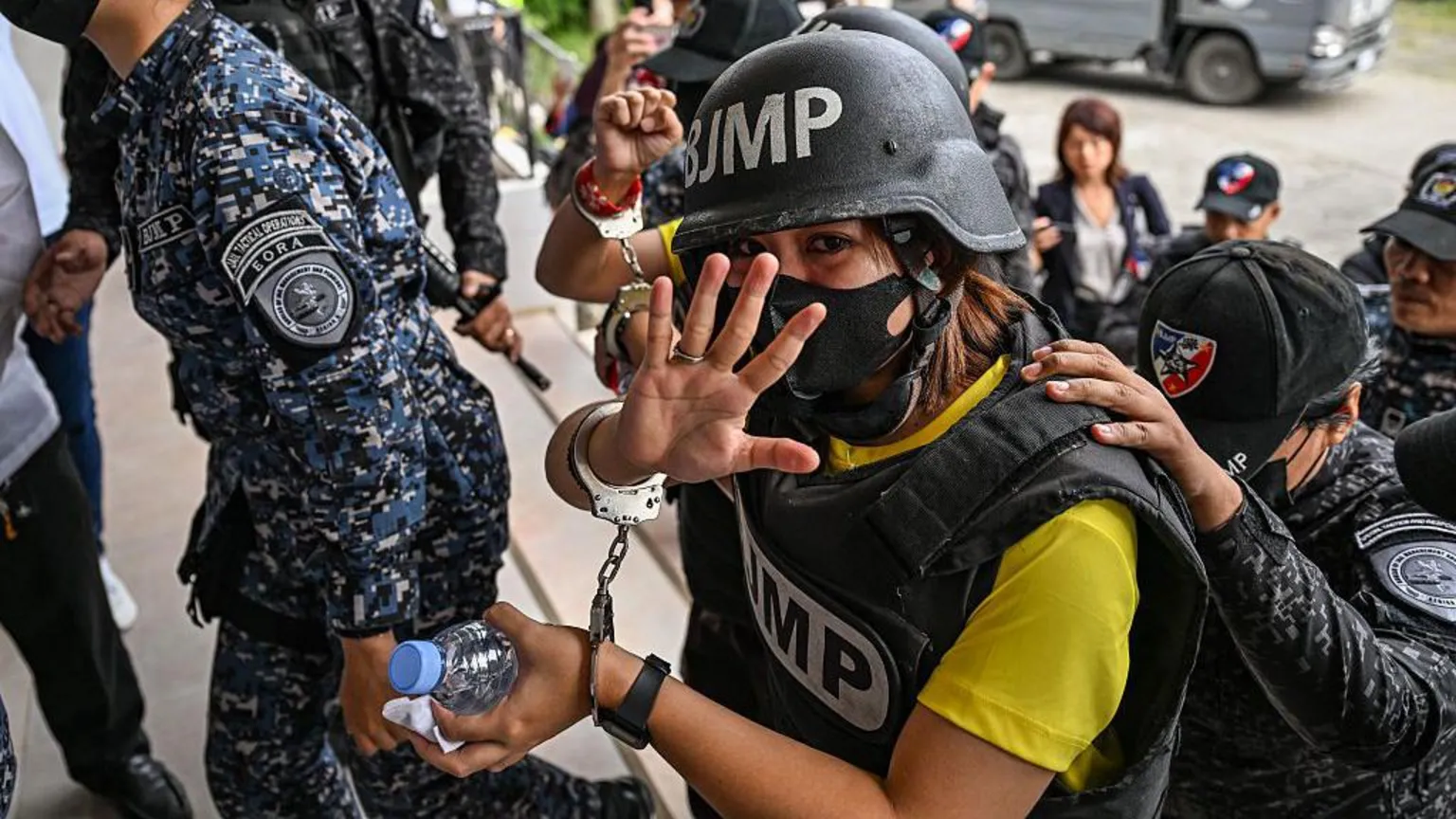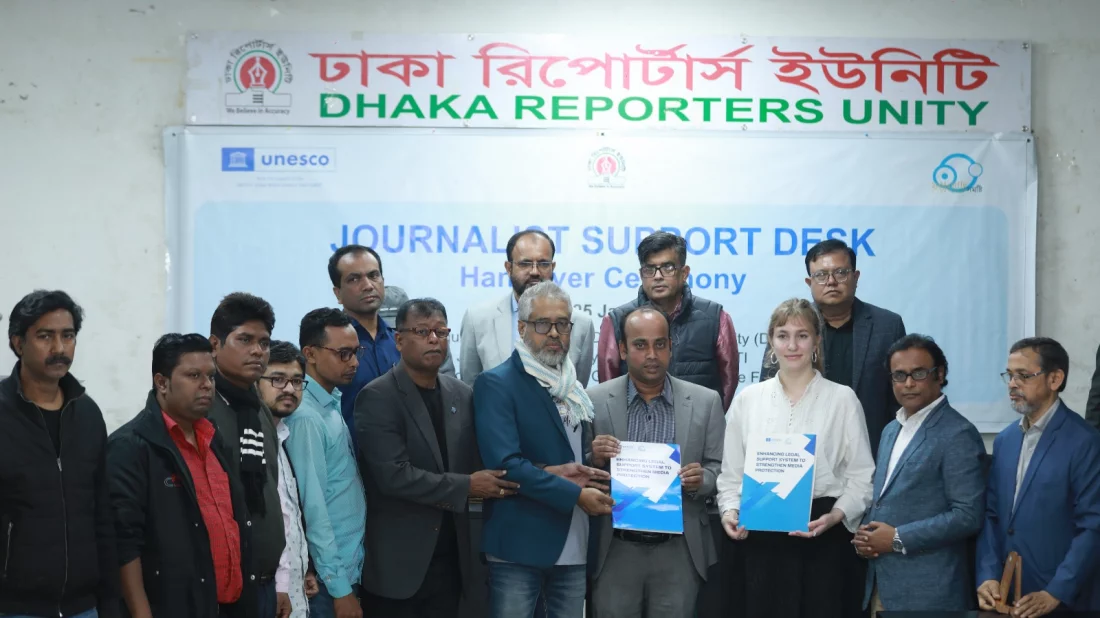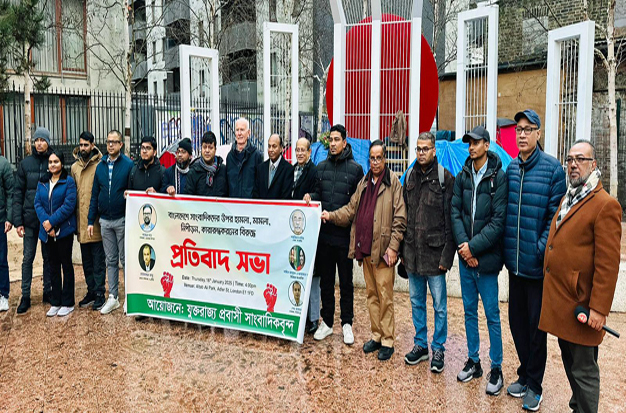
Bangladesh’s Press Freedom Under Siege: Arbitrary Detentions and International Appeals
February 5, 2025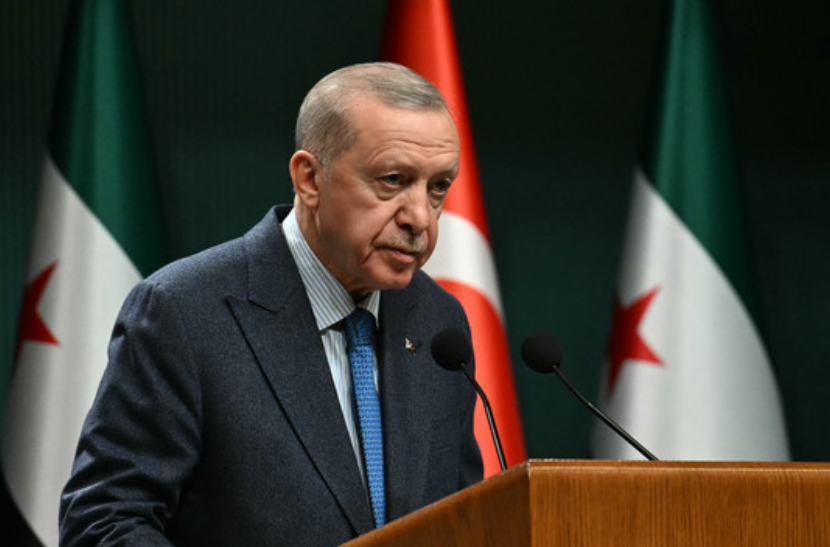
Press Freedom Violations Surge in Turkey Amidst Growing Repression in 2025
February 5, 2025February 05, 2025 – Bangladesh –
Bangladesh’s press freedom landscape has deteriorated significantly in 2025, with journalists facing increased violence, harassment, and legal persecution. Despite the ousting of Prime Minister Sheikh Hasina in August 2024, the interim government under Nobel laureate Muhammad Yunus has struggled to protect media workers and uphold press freedoms.
According to Ain O Salish Kendra, from August 2024 to March 2025, there were 398 reported incidents of attacks and harassment against journalists, averaging over 50 incidents per month. Notably, in February and March alone, 82 such incidents were recorded. These attacks often target journalists investigating corruption, human rights abuses, and other sensitive topics, particularly in regional areas where press freedoms are more vulnerable.
The United Nations has long recognized the importance of safeguarding journalists. In 2013, the UN General Assembly proclaimed November 2 as the International Day to End Impunity for Crimes against Journalists, urging member states to take measures to prevent violence against journalists and ensure accountability for crimes committed against them. Despite these calls, impunity remains a significant issue, with a high percentage of crimes against journalists going unpunished.
In Bangladesh, the situation has worsened under the interim government. Reports indicate that over 354 journalists have faced harassment, with 74 cases of violence reported and 113 criminal charges filed against media workers. Additionally, press credentials have been revoked for 167 journalists, and several media outlets have been subjected to attacks and vandalism.
The Editors’ Council of Bangladesh has condemned the misuse of laws, such as the Digital Security Act and the Cyber Security Act, to suppress dissent and intimidate journalists. These laws have been used to file numerous cases against journalists, often without substantial evidence, leading to widespread fear and self-censorship within the media community.
International organizations, including the Committee to Protect Journalists and Reporters Without Borders, have called on the Bangladeshi government to ensure the safety of journalists, repeal restrictive laws, and hold perpetrators of violence against media workers accountable. The UN has also emphasized the need for governments to provide a safe environment for journalists to perform their duties without fear of retaliation.
The continued repression of the press in Bangladesh underscores the urgent need for comprehensive reforms to protect journalists and uphold the principles of free expression and democracy. Without such reforms, the media’s ability to serve as a check on power and inform the public will remain severely compromised.
Reference –
https://www.un.org/en/observances/end-impunity-crimes-against-journalists
https://www.newagebd.net/post/editorial/257148/violence-against-journalists-must-end


